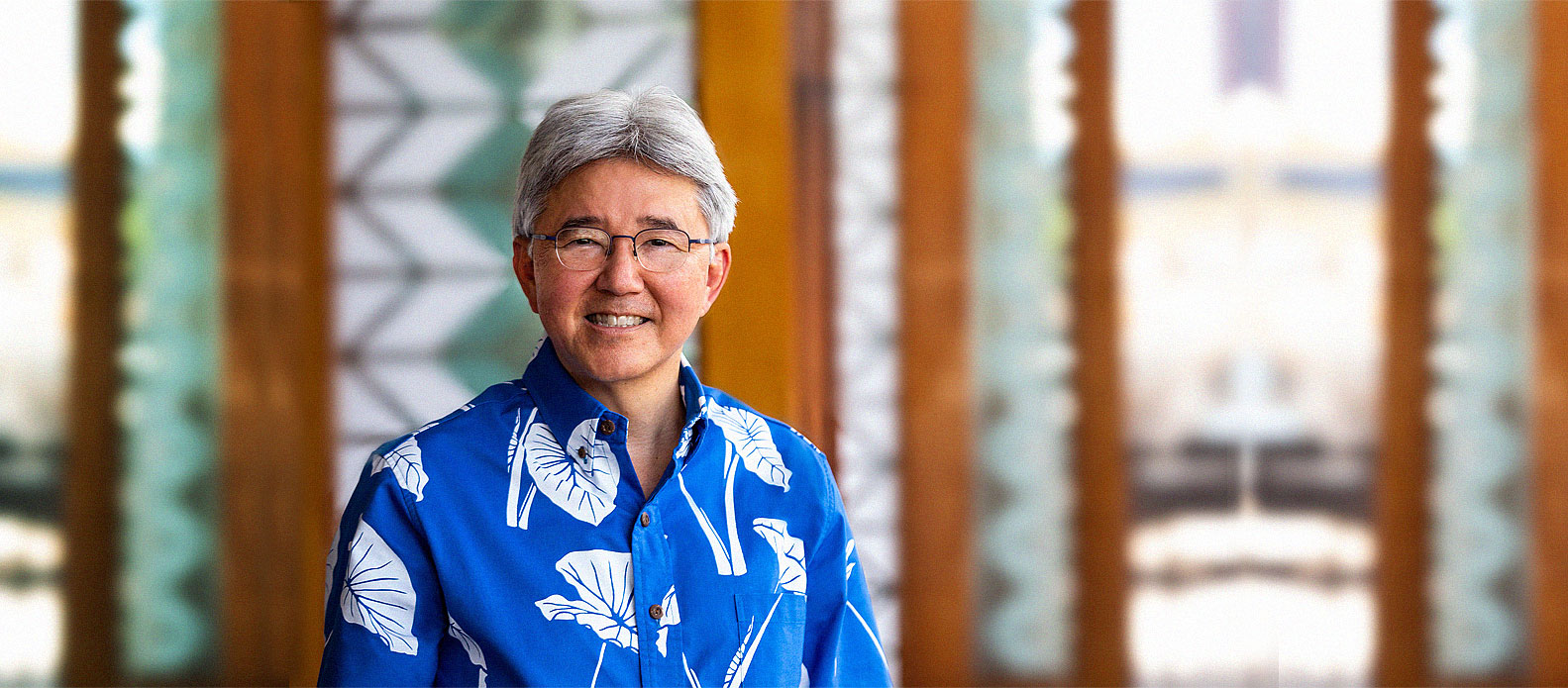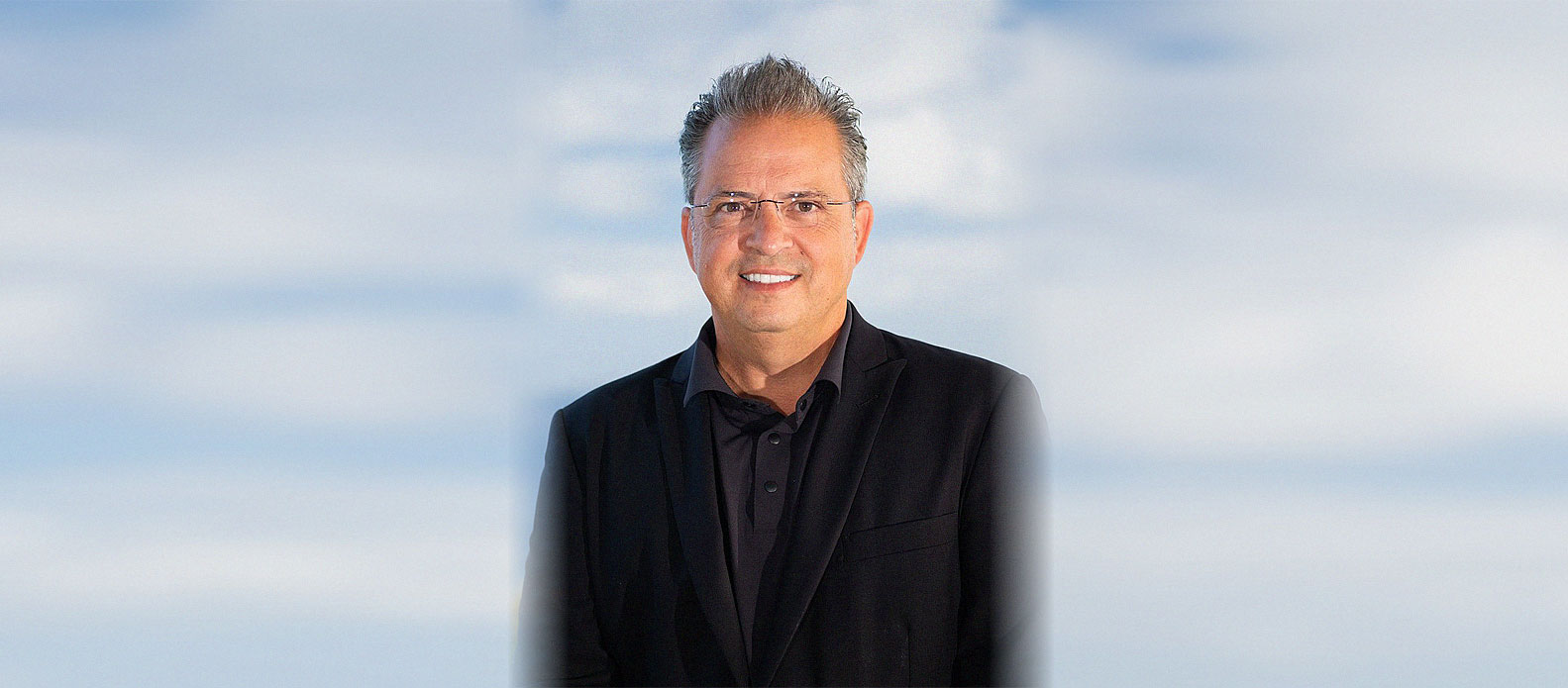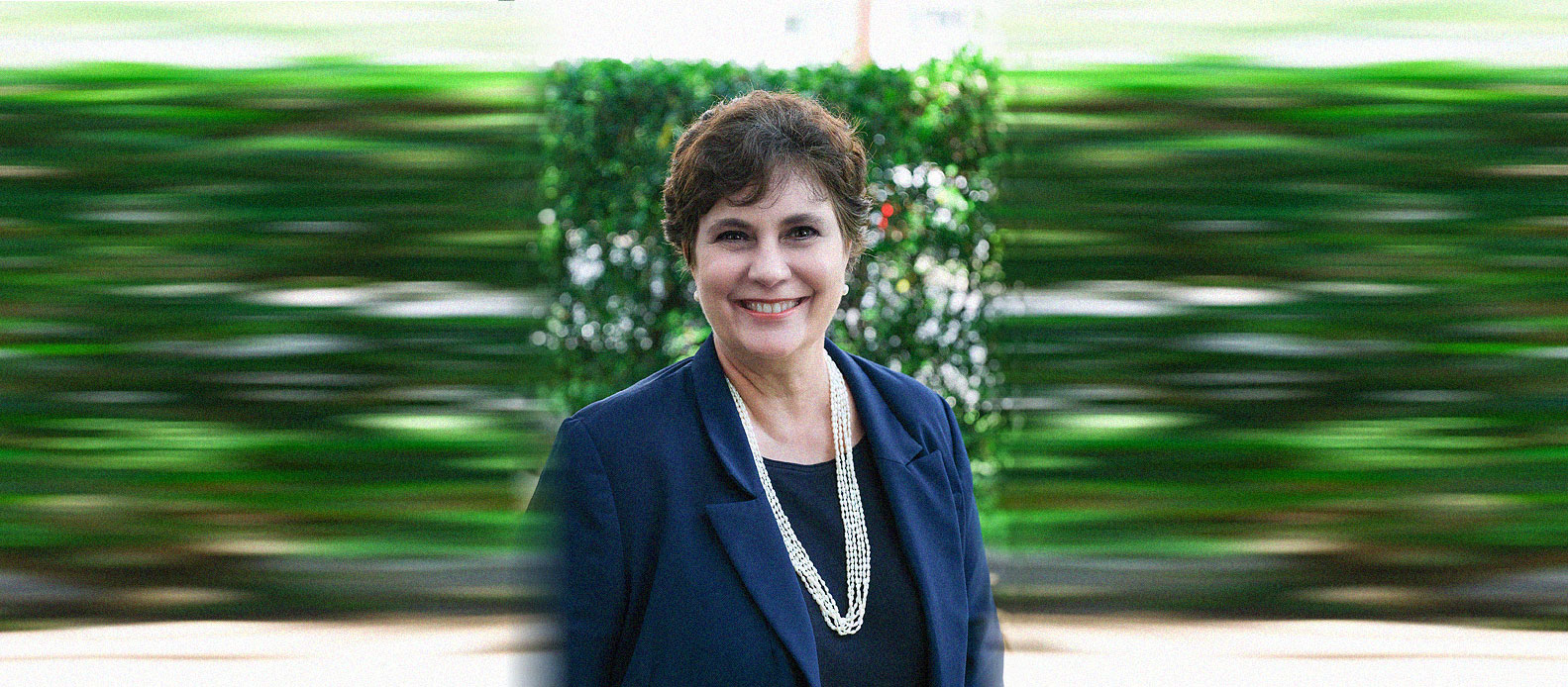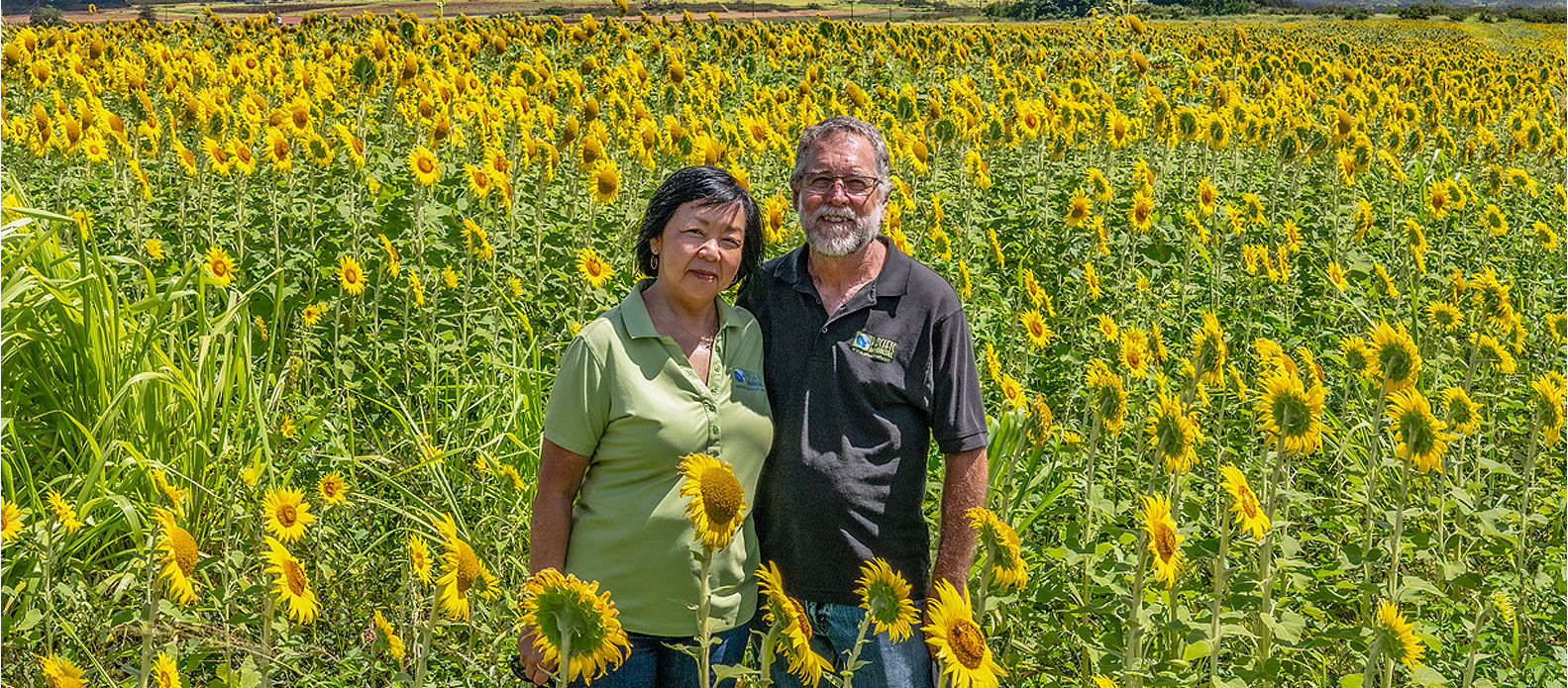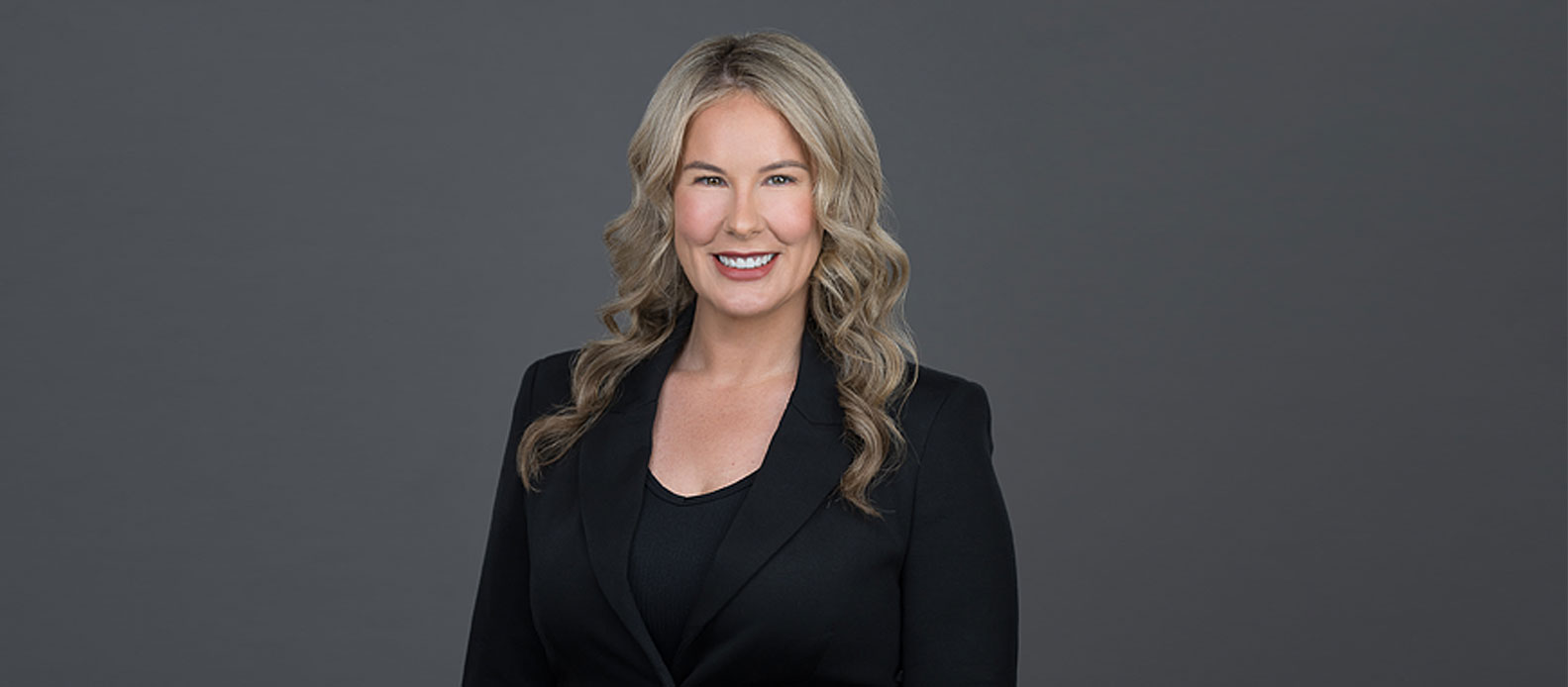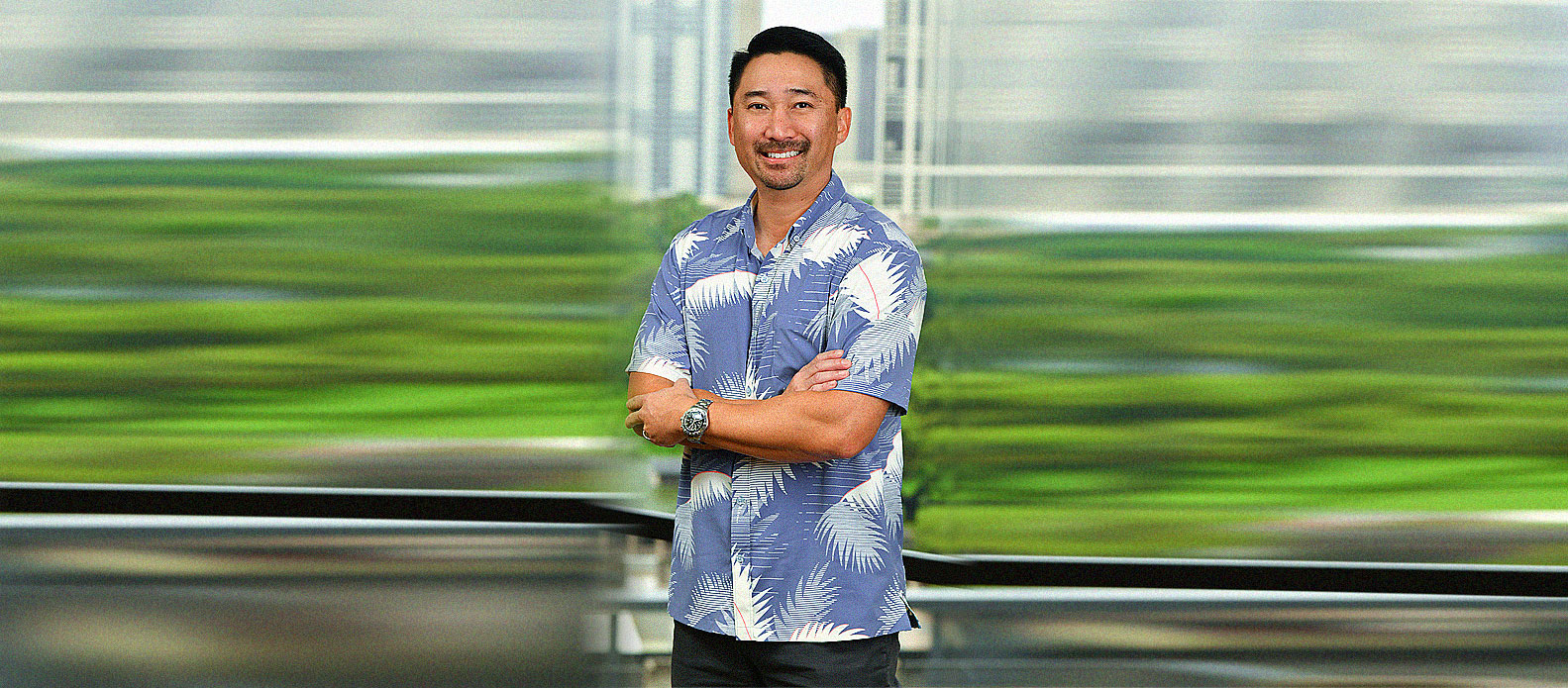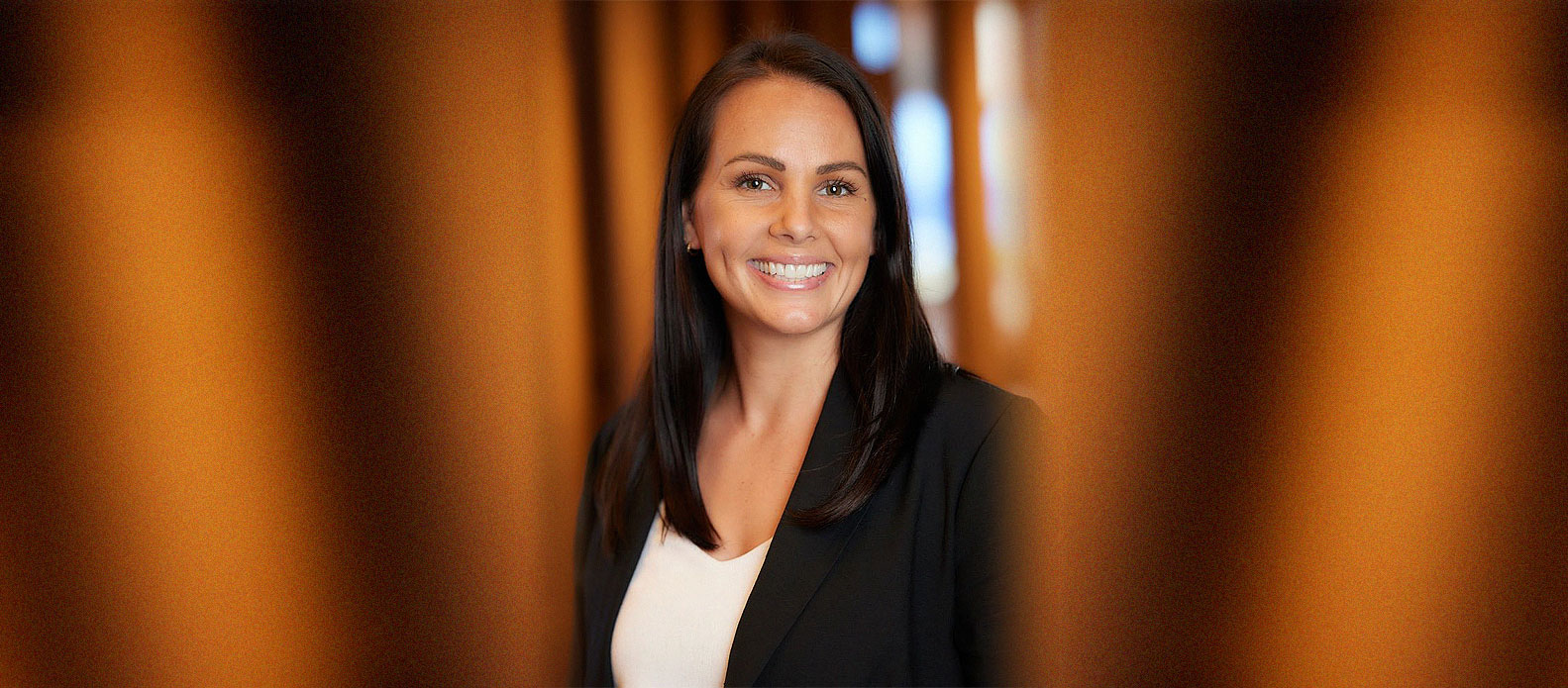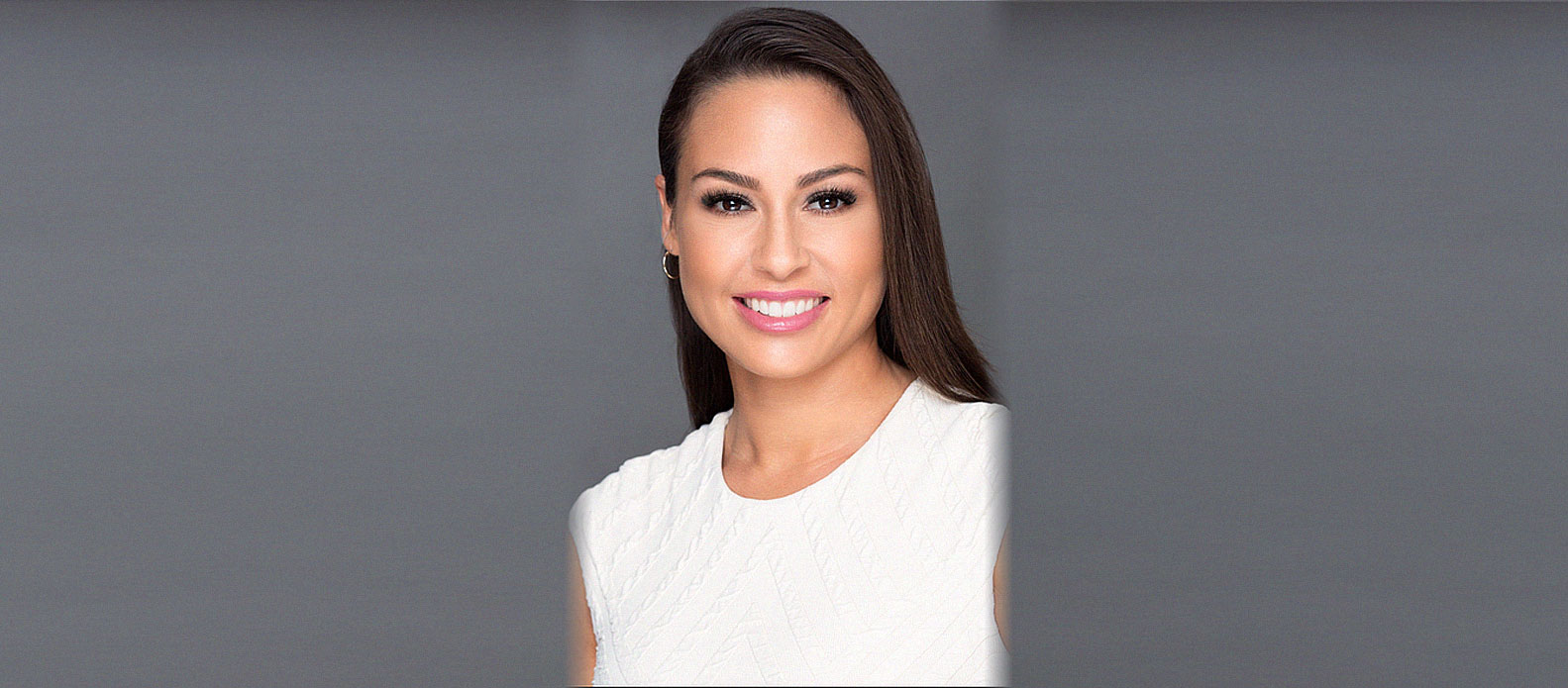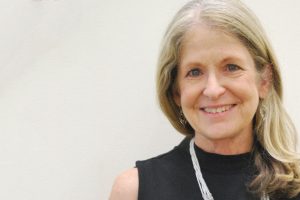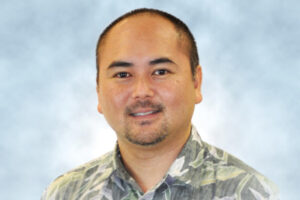How do you give back to the community?
I try to give back to the community in several ways as I wear a number of hats. As a neuropsychologist, I regularly devote my time to conducting free mental health and brain health workshops for community members, parents, and caregivers. I have spoken in public schools, public libraries, community organizations, and churches. The goal is to psychoeducate community members on mental health issues and help people gain awareness and knowledge on topics such as depression, anxiety, parenting, learning differences, and cognitive health.
As a parent, I volunteer at my children’s schools at fundraising and class events. One of my proudest mom achievements was to serve as the PTA president and on school leadership teams at one of my child’s elementary and middle schools while having a full-time job working 60 hours a week. I also served in churches playing the piano and leading worship services for a number of years.
What does giving back mean to you?
Giving back means that I get to engage in activities or initiating projects that contribute to the well-being and improvement of the community that I am a part of. As a psychologist, my professional role gives me the privilege and convenient access to helping people on a daily, or even hourly basis. As a community member, giving back means I have the honor of sharing my time, gifts, and resources with those who can benefit from being encouraged and uplifted by one another.
What are some of the biggest challenges facing your industry?
The field of mental health faces a number of challenges that impact individuals, communities, and our healthcare system as a whole. One of the biggest, longstanding challenges I have experienced is the unequal access to mental health services. Accessing treatment is a challenge particularly for those who are marginalized because of socioeconomic reasons and racial-cultural disparities. Barriers can include limited access to mental health providers, long wait times, costs, or simply a lack of awareness of what services are available.
Another challenge pertains to the Covid-19 pandemic and has been witnessed first-hand at my workplace. At Assets, which is a private school that specializes in educating children with learning differences, I conduct psychoeducational assessments for students of all ages in the community. A number of students I evaluated have been impacted psychologically, socially, and academically as a result of Covid. Disruptions in classroom instruction have resulted in learning loss and achievement gaps for some students. The pandemic has also taken a toll on children’s mental health. The absence of regular routines and social interactions during those two years had led to more reported cases of heightened stress, anxiety, and depression.
What has been the biggest sacrifice you have made for your career?
I will not necessarily say I have made a “sacrifice” for my career as in giving up one for the other, because my goal has always been to strike a workable, sustainable balance between various aspects of life including family and social relationships as well as, of course, my professional advancement. That said, attempting to “have it all” requires making intentional and thoughtful decisions. Setting boundaries, knowing my limits, and delineating priorities to find that happy medium is what seems to work best. In my work with patients, I often allude to this idea of “good enough.” We want to shoot for the best and invest every bit of effort to make it to the top but be flexible enough to accept that being good enough is indeed good enough. This mindset can release us from chronic stress and unrealistic expectations that can lead to burnout.
What has been the biggest reward?
The biggest reward for me as a mental health professional is to see patients function better and learn new, healthy ways of managing all sorts of life challenges. Nothing makes me feel happier and more content as a psychologist than to see my patients walking out of my office being more empowered to confront their fears, having more awareness of their strengths and weaknesses, and building hope in the present and future. When I work with families, helping the parents understand their children’s struggles and genuinely accepting them for who they are makes me feel tremendously fulfilled. Getting through to parents helps build a stronger connection within the family and creates a nurturing environment to help the children thrive. These meaningful moments are what carry me through long days and heavy caseloads.







